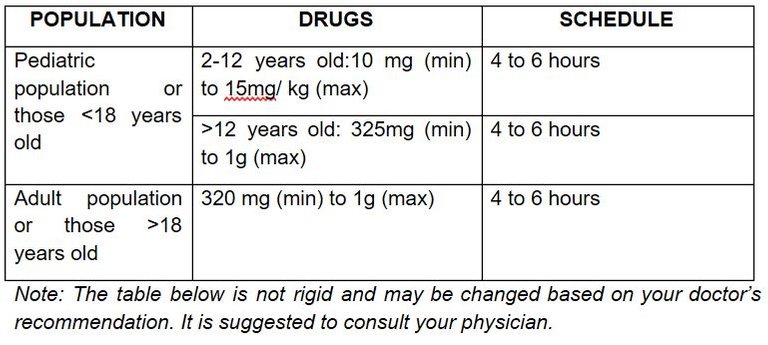FEVER: THE MOST COMMON DISEASE?
Have you ever had fever? I bet you did. Normally, a child will have about 5-10x chances of having fever within a span of 1 year. However, before we jump into conclusions, let’s define first, “What is a fever?” According to Hall (2011), fever is a rise in the normal body temperature which is above 98.6 degrees Fahrenheit or 37 degree Celsius. So you might be wondering if this is a disease and actually, IT IS NOT. It is a symptom, meaning, it is a “mask” of an actual disease that may or may not be life threatening.
When does Fever start?
Hypothalamus, a gland located between the thalamus and the brainstem. This hormone producing organ is responsible in keeping the thermoregulation of our body in balance. However, when viral infections invade our body Pyrogens increase and cause dysfunction of this tiny gland. Pyrogens are substances liberated in the body by the bacterial cell. Since this are foreign substances, the body perceive it as a threat, thus homeostasis is tipped off.
Causes of Fever
So what causes a fever?
A fever can be bacterial or viral in nature and may be due to several factors. The list below are some of the most common cause of fever and is not limited to the following:
Bacterial or viral infection that might affect multiple systems in the body like respiratory infections (bronchitis, pneumonia, tuberculosis), urinary system (urinary tract infections, stones in the ureter), cardiovascular system (endocarditis, pericarditis) etc.
Side effects of medications such as medications for pain, anti-seizure/ anti-epileptic, antidepressants or even performance enhancers like steroids.
Extreme heat in the environment that may cause either heat stroke or sub burn
Vaccination drugs such as for flu, Hepatitis A and B, Pneumococcal, DTAP (Diphtheria, tetanus and pertussis) etc.
How to care for Fever
The following are suggested ways to combat this symptom:
For a child below 2 years old, we suggest that you bring him/her to the nearest pediatrician. Why? Because at this time, the child’s immune system is still maturing, thus, he/ she is considered weak. An undetected disease may cost the child’s life if not treated immediately.
For children 2 to 18 years old, water is suggested as it cleanses dehydrates the body. However, an age-appropriate dose of acetaminophen can also do good in improving the child’s over all feelings. The table below lists the most common amount of oral meds and schedule to take.
For adults, water is still recommended with expansive varieties of medicines readily available for intake such as Ibuprofen and Aspirin.
If fever does not disappear after 3-4 days of taking medicines, consult your physician immediately.


Congratulations @rollycustodio1! You have completed some achievement on Steemit and have been rewarded with new badge(s) :
Click on any badge to view your own Board of Honor on SteemitBoard.
For more information about SteemitBoard, click here
If you no longer want to receive notifications, reply to this comment with the word
STOP